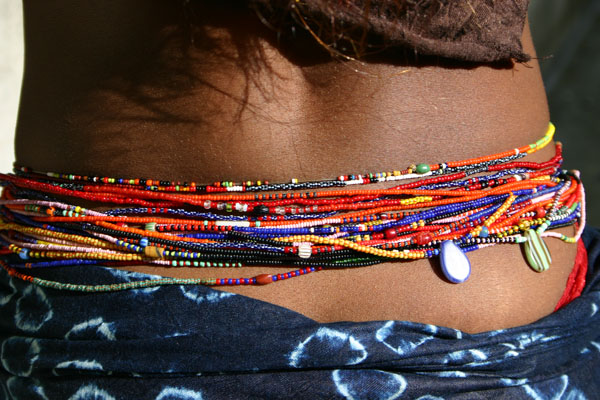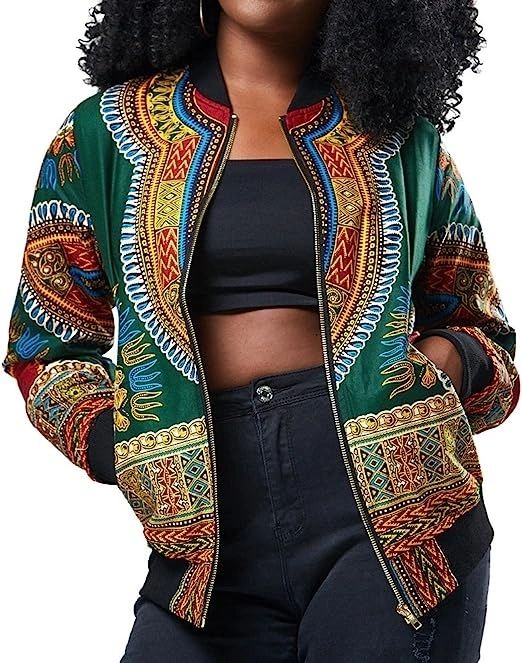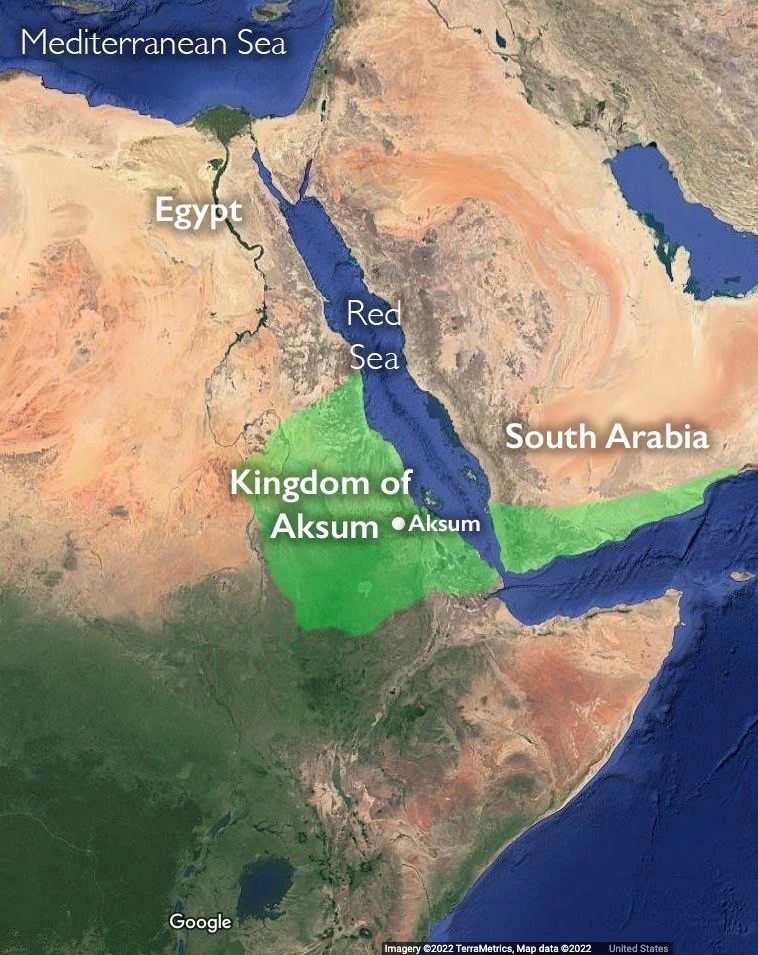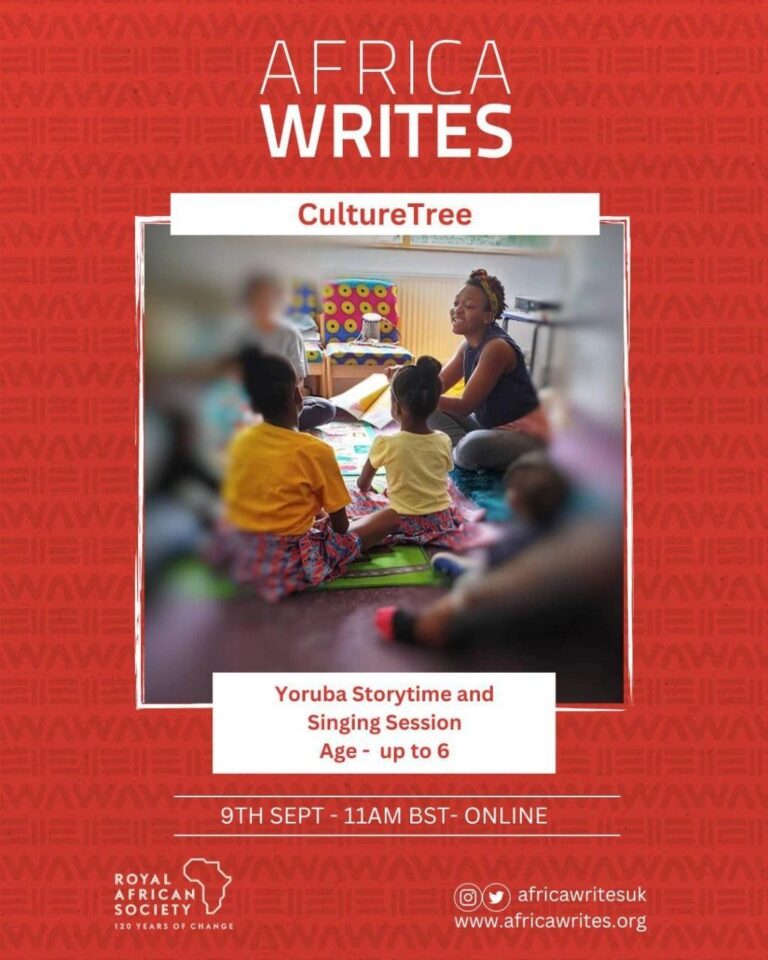Traditional African Jewellery
African jewellery is not just for adornment; it has cultural, spiritual, and societal significance. Each piece tells a story about the wearer’s identity, heritage, and customs.

One of the defining characteristics of African jewellery is the use of different materials and crafting techniques. Metals, beads, shells, ivory, bone, and various natural materials are often woven, carved, or shaped to create stunning pieces. African jewellery is an important part of the continent’s culture and history, exemplifying its beauty and cultural complexity.

In West Africa, the Akan people of Ghana are renowned for their exceptional goldsmithing skills. Their designs often feature gold in various forms, showcasing craftsmanship. Gold signifies wealth, status, and spirituality within Akan culture, and the creation of gold jewellery represents a connection to the spiritual realm.

Beadwork is prevalent throughout the continent and holds significant cultural importance. The Maasai people of East Africa, for example, are famous for their vibrant and elaborate beadwork, using colourful beads to create necklaces, bracelets, and headdresses. These pieces often denote social status, age, and marital status within the Maasai community.

Cowrie shells, once used as currency in parts of Africa, are another staple in African traditional jewellery. They are still widely crafted into necklaces, earrings, and bracelets, often symbolising wealth, power, and fertility in various African cultures.

Among the Yoruba people of Nigeria, the “Ileke” beads are worn as a symbol of protection, spirituality, and connection to the gods. These beads are often worn by both men and women during ceremonies or important life events.

In Ethiopian culture, silver crosses, known as “Sosona,” are worn as pendants or incorporated into necklaces and bracelets. These crosses hold religious significance, symbolising the Ethiopian Orthodox Christian faith.

The beauty and significance of traditional African jewellery influence contemporary fashion and design across the globe. Designers and fashion enthusiasts are progressively adopting and incorporating African-inspired jewellery into modern styles, thus preserving and celebrating the cultural heritage of the continent. Contemporary African jewellery designers often blend traditional techniques with modern materials, creating pieces that appeal to a global audience while still respecting the authenticity and craftsmanship of traditional designs.
Today, African jewellery is enjoyed by people all over the world. It is featured in high-fashion magazines and worn by celebrities and fashion icons. As we celebrate African jewellery, let us also commit to supporting its creators and preserving its rich heritage.





